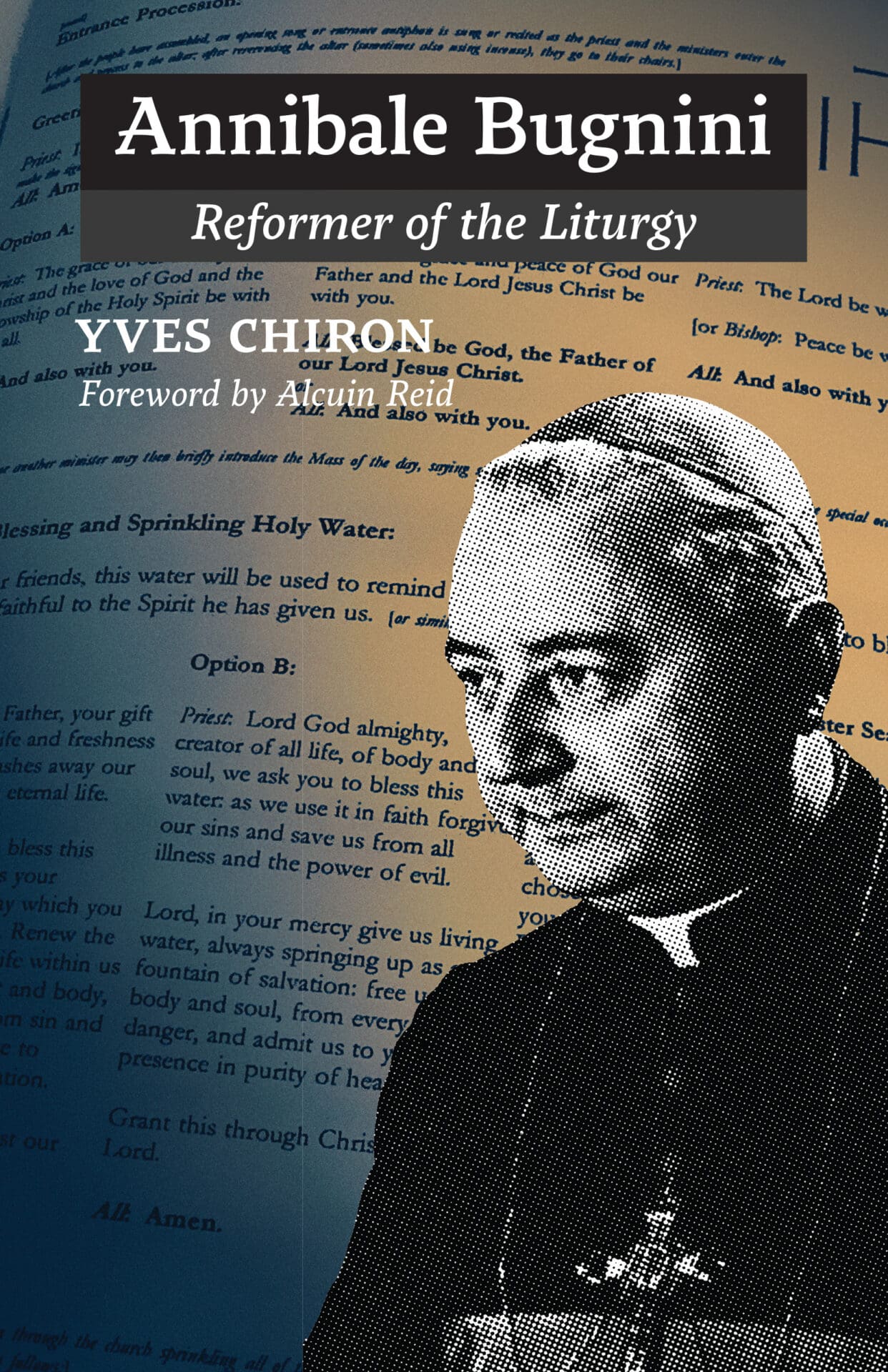Vatican City (CNA)—The head of the Vatican’s Supreme Tribunal of the Apostolic Penitentiary released a note July 1 reaffirming the inviolability of the seal of confession and the importance of other forms of secrecy in the life of the Church.
The text follows action by governments in Australia, California, and other parts of the world, to undermine the sacramental seal.
“The defense of the sacramental seal and the sanctity of confession can never constitute some form of connivance with evil; on the contrary, they represent the only true antidote to evil that threatens man and the whole world,” states the note signed by the head of the penitentiary, Cardinal Mauro Piacenza.
The Apostolic Penitentiary is responsible for dealing with cases related to the internal forum, and for processing certain reserved cases under the seal of confession.
The Catholic Church declares that every priest who hears confessions is obliged, under the severest legal penalties, to keep absolute secrecy concerning everything learned in the context of sacramental confession.
Violation of the seal by a priest is punishable by an automatic excommunication, and can be augmented with other penalties, including dismissal from the clerical state.
In May, California’s state senate introduced a bill that would require priests to violate the seal if they had knowledge or suspicion of child abuse gained from hearing the sacramental confessions of other priests or co-workers.
A report by a Royal Commission set up to examine child sexual abuse in Australia recommended similar laws in that country last year.
Priests and bishops, both in the United States and Australia, have repeatedly stated they will not violate the sacramental seal, even if it results in them being sent to prison.
“The secrecy of confession is not an obligation imposed from the outside, but an intrinsic requirement of the sacrament and as such it cannot be dissolved even by the penitent himself,” Piacenza explained after the note’s publication.
“It concerns the protection of the same sacrament, instituted by Christ to be a safe haven of salvation for sinners. Should the trust in the seal fail, the faithful would be discouraged from accessing the sacrament of Reconciliation, and this, obviously, with serious harm to souls,” he said.

